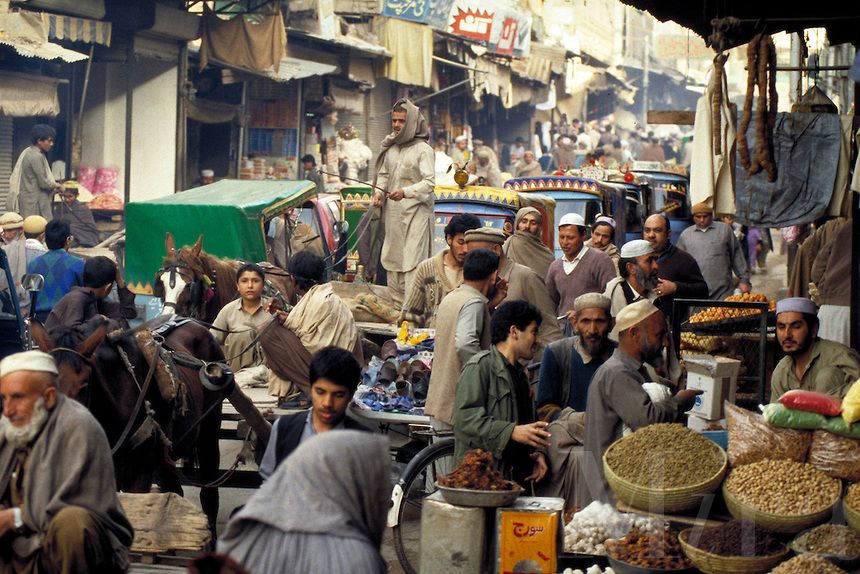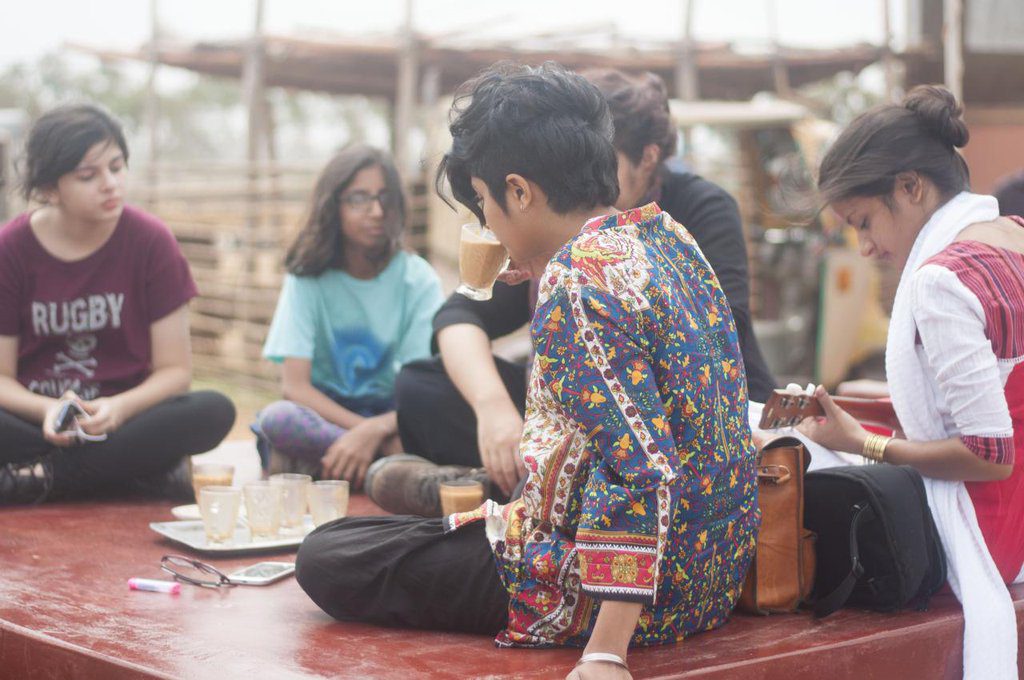Public spaces are vital for the social, cultural, and economic development of any society. However, in Pakistan, women face significant challenges when it comes to accessing and utilizing public spaces. The lack of safe and inclusive environments limits their participation, hinders their mobility, and perpetuates gender inequalities.
Gendered Urban Spaces
In Pakistani society, gender roles and cultural norms shape the perception of public spaces. Traditional notions of female modesty and protection often restrict women’s mobility outside the home. Streets, parks, markets, and transportation systems are predominantly male-dominated spaces, creating a hostile environment for women. The absence of gender-responsive urban planning exacerbates these challenges, with inadequate lighting, limited security, and insufficient facilities further discouraging women’s presence in public areas.

Limited Mobility and Economic Opportunities
The lack of public spaces for women restricts their ability to move freely and access essential services, such as healthcare, education, and employment. Without safe and reliable transportation options, women face difficulties in commuting, limiting their participation in economic activities and hindering their professional growth. This exclusion from public spaces perpetuates gender disparities and contributes to the feminization of poverty in Pakistan.
Safety Concerns and Harassment
One of the primary obstacles for women in public spaces is the prevailing issue of harassment. Street harassment, verbal abuse, and sexual assault have become distressingly common, deterring women from venturing out alone or at certain times of the day. The lack of proper lighting, inadequate law enforcement, and social stigmatization surrounding reporting incidents all contribute to an unsafe environment for women. These safety concerns reinforce the notion that public spaces are not designed with women’s needs in mind, further marginalizing them.
Promoting Inclusive Public Spaces
Addressing the lack of public spaces for women requires a multifaceted approach. First and foremost, urban planning and infrastructure development should prioritize gender sensitivity, ensuring safe and accessible spaces for women. This includes well-lit areas, properly maintained walkways, public toilets, and the presence of security personnel. Public awareness campaigns and educational initiatives should also challenge societal norms that restrict women’s mobility and promote respect and tolerance.

The dearth of public spaces for women in Pakistan perpetuates gender inequalities and hinders their socio-economic progress. By recognizing the importance of inclusive public spaces and adopting gender-responsive policies, Pakistan can create an environment that empowers women, enhances their mobility, and allows them to participate fully in public life, fostering a more equitable and prosperous society.
In Pakistan, a concerning gender disparity persists in law firms, business leadership, and mental health professions. Women’s underrepresentation limits diverse perspectives, impedes gender equality, and curtails the potential for more inclusive and comprehensive solutions in these critical sectors. Addressing this imbalance is crucial for societal progress and women’s empowerment.



















